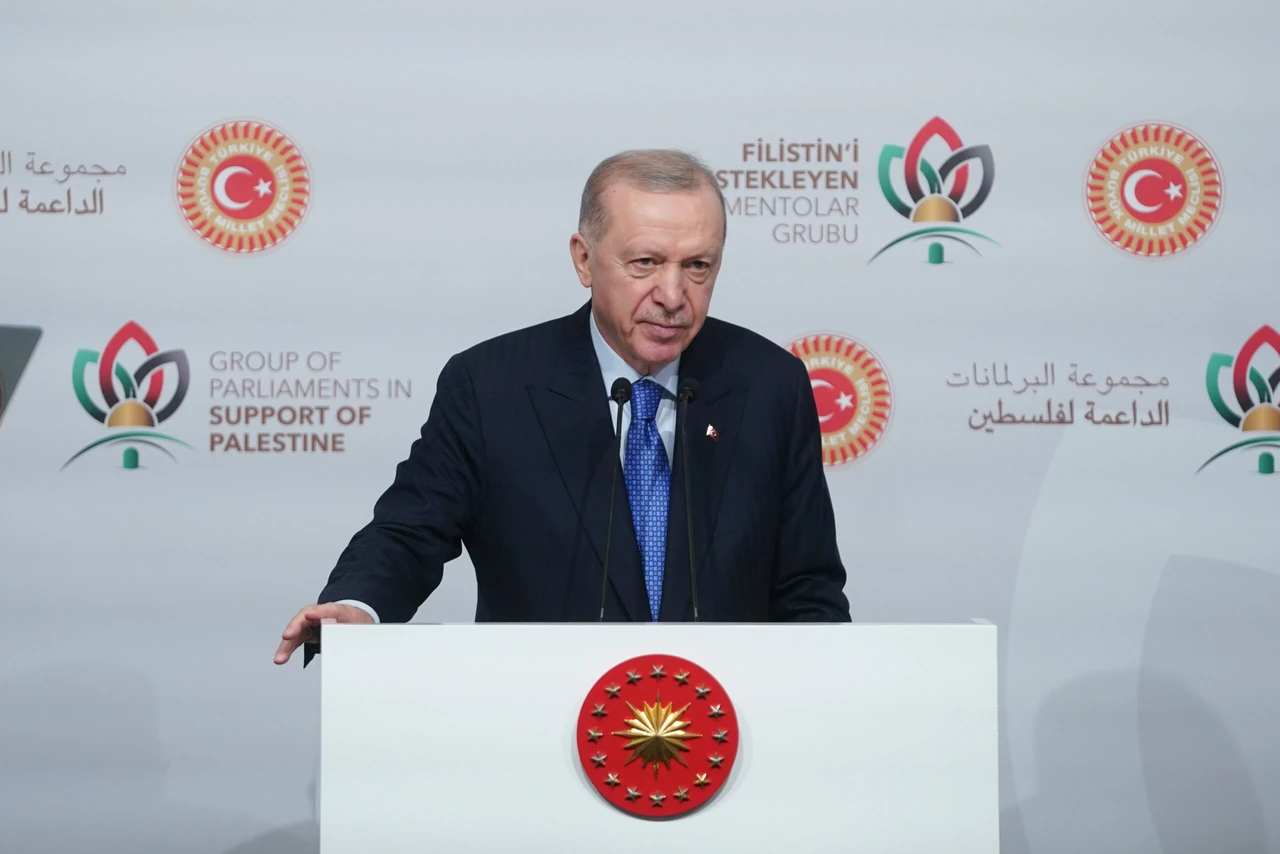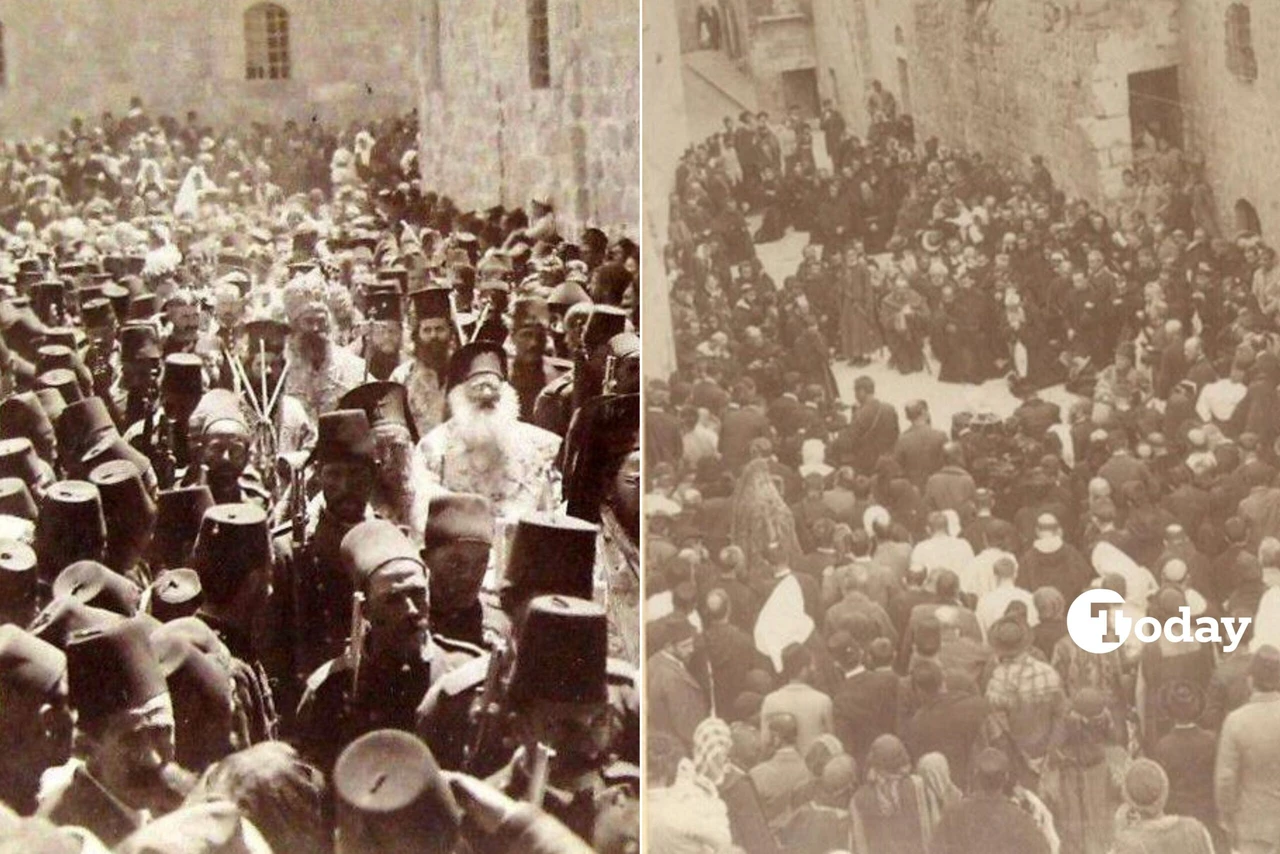Israeli military admits role in deaths of six Israeli captives during Gaza operation
 A demonstrator holds a blood-stained mask depicting Israeli Prime Minister Benjamin Netanyahu during a demonstration in solidarity with Palestinians and calling on Spain to cease exporting arms to Israel, in front of the U.S. Embassy in Madrid, on December 15, 2024. (AFP Photo)
A demonstrator holds a blood-stained mask depicting Israeli Prime Minister Benjamin Netanyahu during a demonstration in solidarity with Palestinians and calling on Spain to cease exporting arms to Israel, in front of the U.S. Embassy in Madrid, on December 15, 2024. (AFP Photo)
The Israeli military has acknowledged its involvement in the deaths of six Israeli captives during operations in Gaza’s southern city of Rafah, a development that has sparked intense reactions among families of the deceased and the broader public.
In a statement detailing the findings of its investigation, the military said the captives were killed during a series of strikes in the Tel al-Sultan neighborhood on August 15. The offensive came as part of broader operations targeting what officials described as a “central tunnel network” in the area.
The investigation revealed that Israeli forces were instructed to exercise caution due to intelligence suggesting the presence of captives in the vicinity. However, despite these measures, six bodies were recovered on August 31 from a separate tunnel after one individual, identified as Farhan al-Qadi, was rescued alive days earlier on August 27.
The military’s statement also claimed that the captives were killed by Hamas operatives but admitted that the army’s actions during the assault contributed to their deaths. “Despite the troops’ cautious movements in the area, their decisions had a direct impact on the killings,” the report concluded.
Families react to “shocking” findings
The findings have drawn sharp criticism from the Hostages and Missing Families Forum, which described the investigation’s results as “shocking and heartbreaking.”
“The military operation has once again proven to be the direct cause of the captives’ deaths,” the group said in a statement. The forum called for immediate action to secure the release of all remaining captives, emphasizing that “only a political agreement” could ensure their safety.
The revelations have added to mounting pressure on Israeli Prime Minister Benjamin Netanyahu, who has faced criticism domestically and internationally for his refusal to engage in prisoner exchange negotiations with Hamas. Critics argue that his government’s unwillingness to strike a deal has prolonged the captivity of Israeli citizens.
Conflicting claims over responsibility
The deaths of the six captives have been the subject of conflicting narratives. While the Israeli military attributes the killings to Hamas, the group has accused Israeli forces of directly causing their deaths during the Rafah assault.
The incident underscores the complex and often tragic consequences of the ongoing conflict, as the humanitarian and political toll continues to mount. Families of the victims have urged the government to prioritize diplomacy to prevent further loss of life.
Netanyahu’s office has yet to issue a response to the investigation’s findings or the growing calls for a shift in strategy.



